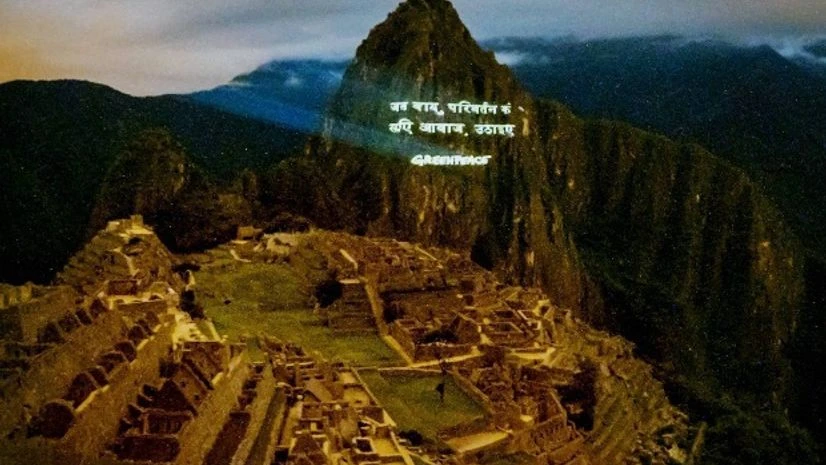After three days of stalemate and ever-rising bitterness, the climate change talks looked set for a breakthrough on Thursday morning at Lima, Peru. United Nations (UN) officials leading the talks for the Paris 2015 agreement appeared to relent in the face of rising demand from developing countries for a more transparent and democratic negotiating process.
For three days, the talks had rapidly run to a standstill as the two co-chairs refused to let the negotiations for the new agreement be held on the basis of submissions of countries. Instead, they persisted to work with their cherry-picked ideas, which developing countries believe are driven by the agenda of rich nations.
Developing countries including India, China and dozens of other countries had been demanding since the start of the Lima round of talks that negotiations for the new agreement should be driven by countries and not by UN officials who cherry-pick ideas favouring developed countries. However, with the UN officials – called the co-chairs of the Adhoc Working Group on Durban Platform (ADP) – refusing to budge, talks behind closed doors turned bitter.
Also Read
The third day of talks saw developing countries come together in rare solidarity against the methods of the co-chair.
“It is just preposterous really,” said an official from the Like Minded Developing Countries Group, of which India and China are members. “Representatives of more than 100 countries are demanding the negotiations be based on everyone’s views and not just select ideas and yet the co-chairs say they will need consensus from all the countries to do the right thing. And then the developed country parties help them by denying that consensus. I wish I could be less diplomatic in expressing my frustration.”
On the other hand, representatives of two developed countries Business Standard spoke to said the co-chairs were only trying to ensure a more efficient way of negotiations instead of getting the talks bogged down by word-to-word engagement.
All of them had spoken to this paper at the end of stalemate on the third day. A source participating in the closed-doors talk told Business Standard from Lima that the two officials had partially relented and permitted talks to be carried out more democratically.
“Finally, they shall allow the views of all countries to be shared at equal footing without them stepping in. Countries shall be able to deal with each other as equals,” said the source.
The anger had risen in the developing countries and also brought them together because developed countries blocked progress in talks on a critical issues close to the interests of poor nations — finance to fight climate change. “We are seeing classical negotiating tactics on their part. They have prevented any talks on issues that are against their interests — finance, adaptation and review of their existing pre-2020 commitments to fight climate change. And in the Paris-2015 agreement, they have tried to run fast with just their views highlighted. The co-chairs have helped them,” said a delegate from an African country, not willing to be named. “This is making many countries from Africa and others realise that they need to stick together on some basic principles.”
At the time of filing this report, the fourth day (Thursday) morning in Lima, Argentina — supported by G77 (group of 77 developing countries) — had also put a new formal text on the negotiating table for issues relating to finance demanding that they be used as the basis of talks and the US rejected it outright, again showing the strong differences between the two sides.

)
